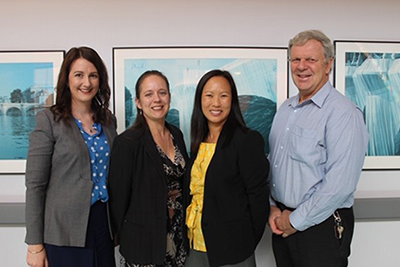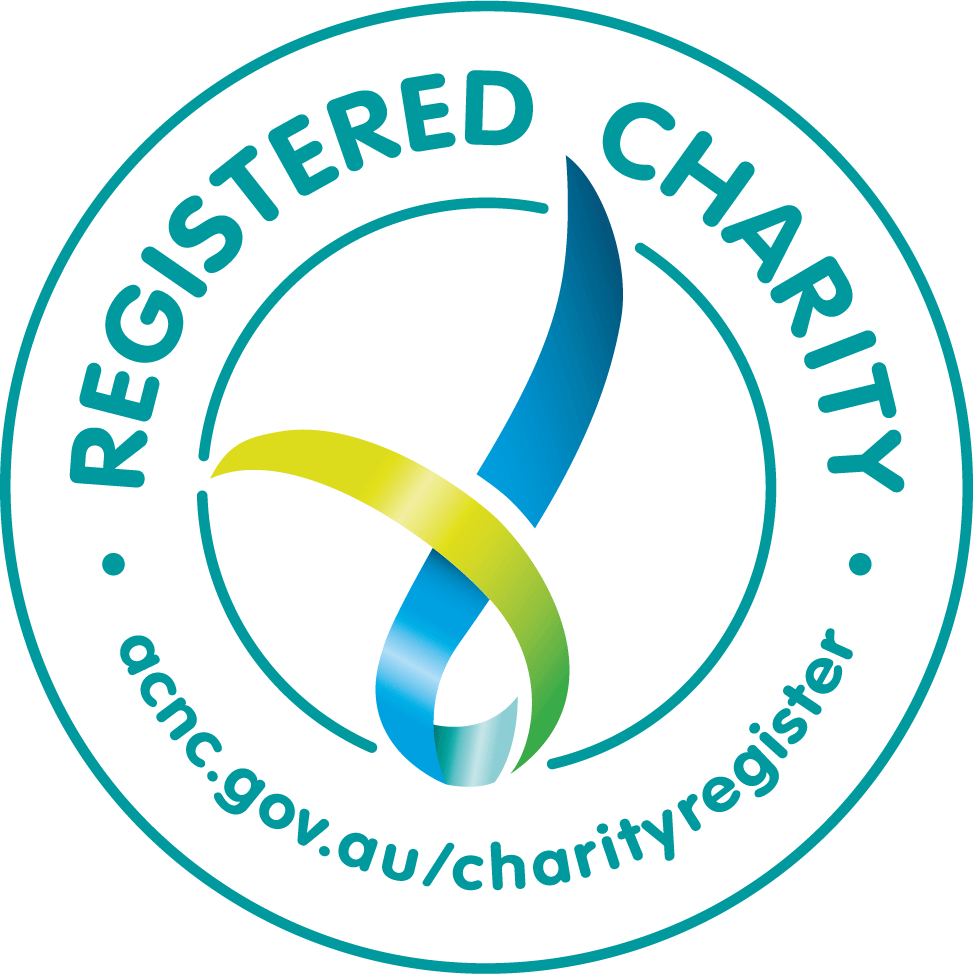Taking the Westmead Feelings Program online to reach out to autistic kids in rural and regional Australia and beyond
Dr Michelle Wong PhD DCP, Senior Clinical Psychologist at The Children’s Hospital at Westmead

Autism Spectrum Disorder is a lifelong condition which affects one in thirty-six children. Seventy per cent will also develop mental health problems such as anxiety and depression, which leads to poor outcomes in education, work and independent living. Led by Dr Michelle Wong the award-winning Westmead Feelings Program is the world’s first evidence-based mental health program designed to support the unique learning style of autistic children with cognitive disability. Michelle and her team of dedicated researchers are working to ensure every child with autism has the opportunity to reach their full potential.
The Challenge
In its current form Westmead Feelings Program provides training for health professionals who in turn empower parents and teachers to grow the emotional skills and social awareness of children with autism, supporting them to understand emotions, solve problems and ultimately manage their feelings in everyday settings. Despite the clear strengths of the program, at present it can only be delivered by facilitators who are trained and certified by ACER and The Children’s Hospital at Westmead, Sydney and materials are only available in English. This creates a number of barriers for parents when accessing the program.
In addition, parent access is further limited by the need for face-to-face program attendance and paper-based materials which are not designed for families to use at home. Families from Culturally and Linguistically Diverse (CALD) struggle with the lack of translated content and practitioners in rural and remote Australia who cannot travel to Sydney for on-site professional training are missing out on the opportunity to deliver the program in their local community.
How this project will help?
In an effort to resolve these barriers, Michelle and her team have undertaken the process of digitisation of the existing program to enable universal access, development of new training modules for parents to use at home with their children, translation into multiple languages, and an expanded practitioner scholarship program.
Parents and professionals should be able to help their child access the best treatments that are available, wherever they live and whatever their culture and language.
Impact over the first year
Preliminary findings from the first study have shown that parent and child participants have benefited from the materials provided to them. There has been a trend towards an increase in parental confidence and access to suitable strategies and resources, as well as a trend towards an increase in emotional skills of the child. Autistic children in the study all agree that learning more about feelings and strategies to help them when they are having unpleasant feelings, are important skills for all autistic children. Parents in the study also agree that learning more about how to support their child’s social-emotional development the potential to have a big impact on their child and their family.
- Created and tested a web-based program designed to support parents of autistic adolescents.
- Developed 16 informative and ‘how to’ videos for parents supporting emotional understanding, problem solving, perspective taking and emotion regulation strategies.
- Presented information about the digital components of the project at the Australian Association Special Education National Conference (Sydney, 2022) and the Australian Psychological Society College of Education and Developmental Psychologists National Conference (Melbourne, 2023).
What next?
The findings from the team's research and development of web-based materials have been instrumental in progressing to the next phase of the programs roll out. Firstly, the team have been successful in a grant application to further develop a parent-lead emotion-development program for neurodivergent adolescents, including autism, mild intellectual disability and Cerebral Palsy. They are currently developing the Research Protocol for this part of the project. Secondly, the team have engaged with a project manager who is assisting in developing a strategy to allow for the creation of a stand-alone website aimed at providing parents with information and resources to support their child or adolescent on the autism spectrum. The content of the website will be draw from materials from the first phase of the project, as well as new videos and content. As a longer-term goal, the team are hoping to develop more digital contents and videos for their website to make the resources even more accessible.
"Thank you for your financial support of the work that we are doing in support of autistic children and their families... At the SCHN, through our research and development projects, and our decades of clinical experience, we have the skills and knowledge to help so many children and families. But it is only with your support that we have been able to design and create innovative digital solutions that help families to become more confident and better equipped to support their child’s emotional support needs. While our ultimate goal of having a freely accessible website for parents has not yet been achieved, we are confident that within the next 12 months, we will have been able to overcome some of the current barriers, and this goal will be realised."




